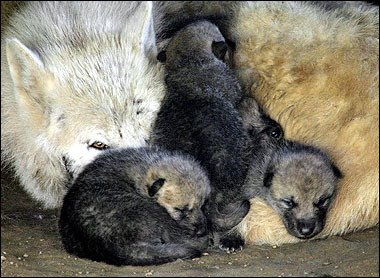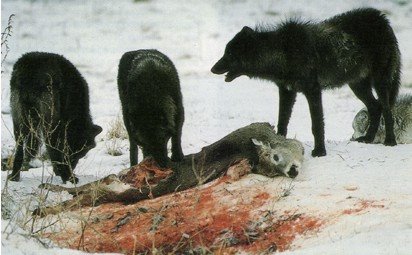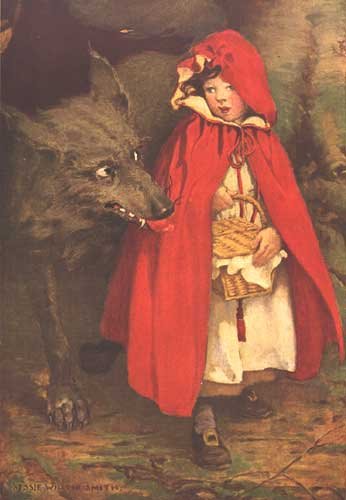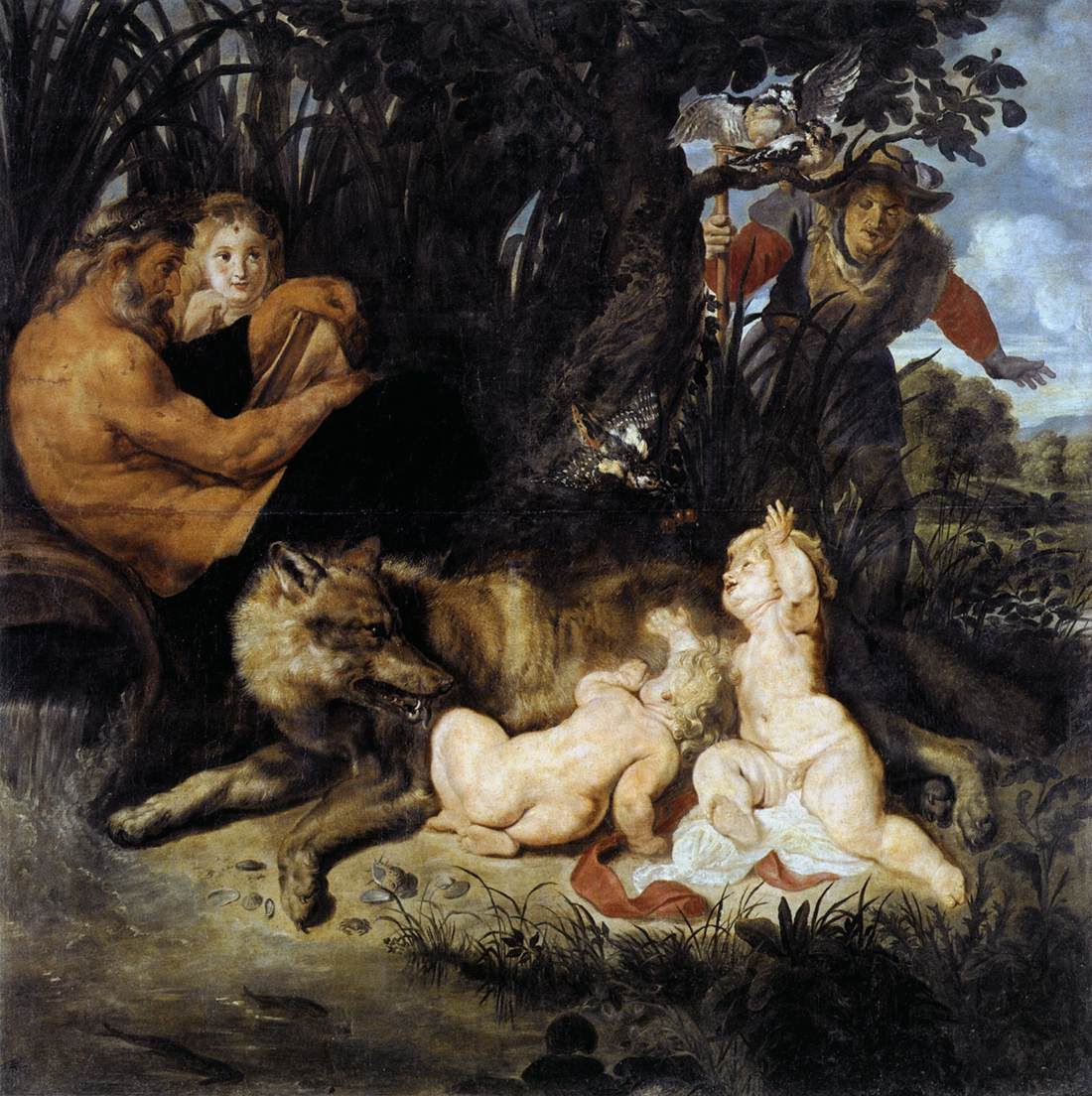
1431 - At the age of 12, Joan of Arc was an illeterate farm girl who began to have visions and hear the voices of Saint Michael, Saint Catherine, and Saint Margaret whom, she said, told her to drive out the English and bring the Dauphin to Reims for his coronation. At the age of 16, she petitioned to be sent to visit the Dauphin at a time when France was on the verge of defeat in the 100 Years War. The Dauphin, with no other options, allowed her to be outfitted as a knight and sent her to Orleans. There, she led the French to adopt an agressive strategy that resulted in a series of victories, wholly changing the fortunes of war. Captured during a minor engagement, she eventually was given over to the English who tried her for heresy. On May 30, 1431, at the age of 19, she was burned alive at the stake. Her conviction for heresy was later overturned by the Pope and, in 1920, she was elevated by the Church to sainthood. She is the patron Saint of France.
1536 – King Henry VIII married Jane Seymour, a lady-in-waiting to his first two wives. She died from the complications of childbirth a little over a year later.
1539 – Hernando de Soto landed at Tampa Bay with 600 soldiers with the goal of finding gold.
1635 – The Peace of Prague was signed by the Holy Roman Emperor, Ferdinand II, and most of the Protestant states of the Empire. It effectively brought to an end the civil war aspect of the Thirty Years' War (1618-1648); however, the war still carried on due to the continued intervention on German soil of Spain, Sweden, and France. The Thirty years war was one of the most destructive conflicts in European history. The war was fought primarily in Germany and at various points involved most of the countries of Europe. Initially the war was fought largely as a religious conflict between Protestants and Catholics in the Holy Roman Empire, although disputes over the internal politics and balance of power within the Empire played a significant part. Gradually the war developed into a more general conflict involving most of the European powers. The devestation was so severe that the population of Germany decreased by some 30% and most of the combatants were bankrupted by the time of the war's end.
1806 – Andrew Jackson killed Charles Dickinson in a duel after Dickinson accused Jackson's wife of bigamy.
1942 – Britain finally began to go on the offensive in WWII. On this day in 1942, 1000 British bombers blackened the sky over Cologne, Germany in a 90 minute bombing run. The total tonnage of bombs dropped was 1,455 tons with two-thirds of that being incendiaries. Two and a half thousand separate fires were started by the bombs, resulting in mass devestation to the city.
1958 – Memorial Day - the remains of two unidentified American servicemen, killed in action during World War II and the Korean War respectively, are buried at the Tomb of the Unknown Soldier in Arlington National Cemetery.
1989 – Tiananmen Square protests of 1989: the 33-foot high "Goddess of Democracy" statue was unveiled in Tiananmen Square by student demonstrators.
Births
1909 – Benny Goodman, American clarinetist and bandleader (d. 1986)
Deaths
1593 – Christopher Marlowe, English playwright (b. 1564)
1640 – Peter Paul Rubens, Flemish painter (b. 1577)
1744 – Alexander Pope, English writer (b. 1688)
1778 – Voltaire, French philosopher and author (b. 1694)
1912 – Wilbur Wright, aviation pioneer (Wright Brothers) (b. 1867)
1947 – Georg Ludwig von Trapp, World War I Austrian submarine commander. His family was the basis for the movie, The Sound of Music.
Holidays and observances
Today is Canary Islands Day in the Canary Islands and Parliament Day in Croatia.
Feasts today are held in honor of Saint Isaac of Dalmatia and Saint Joan of Arc.
Saturday, May 30, 2009
May 30 - This Day In History
Posted by
GW
at
Saturday, May 30, 2009
![]()
Labels: 30 years war, de Soto, henry viii, History - May, Joan of Arc, Tiananmen Square
Subscribe to:
Post Comments (Atom)















































1 comment:
Very enjoyable trip down through the ages, GW. Thank you.
Post a Comment